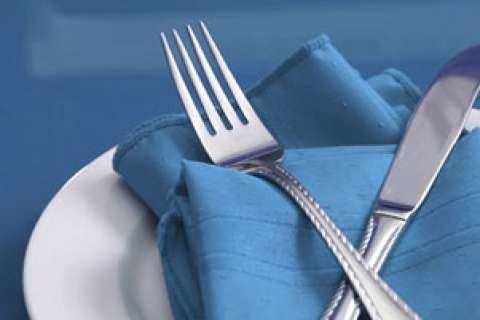Hello, dear readers, and welcome back to our monthly letters column. We’ve heard from several of you that the information that gets shared here has proven helpful.
For a reader in Wisconsin, it meant getting diagnosed with anaplasmosis, a tick-borne illness that results in high fever, chills, severe headache, exhaustion, and aches and pains in the joints and muscles. “The symptoms described in the column were exactly what I had, but since I didn’t see a tick, and anaplasmosis is rare in Wisconsin, my doctor didn’t think that was it,” he wrote. “However, a blood test came back positive, and I was put on that antibiotic. That took care of it.”
For a reader in Florida, a column about how older adults may not be aware of the symptoms of a urinary tract infection and can be affected cognitively helped her husband. “The information (matched) my husband’s symptoms, and also his lack of symptoms,” she wrote. “We got him checked out, and he was diagnosed with a UTI.”
And in response to the tips some readers shared in a letters column after we wrote about jock itch, we heard a success story from a man in New Orleans: “It cured my problem, which has plagued me for years.” he wrote. All of this is such good news; we’re thrilled to hear it.
And now, some new letters. A column about irritable bowel syndrome, or IBS, has generated a lot of mail. This includes what one reader said was a game-changer for her own case of IBS. That is, the FODMAP diet. FODMAP is short for fermentable oligosaccharides, disaccharides, monosaccharides and polyols. These are certain types of sugars that, because they are poorly absorbed by the small intestine, can cause digestive distress. Trigger foods in this diet plan include dairy products, wheat-based foods, lentils and beans, and certain fruits and vegetables, including onions, garlic, asparagus, apples, peaches and cherries. This is, by no means, a complete list.
It’s possible for just some of the FODMAP foods to cause someone distress, and for others to be well-tolerated. “I found there were five FODMAP foods that I ate every day,” she wrote. “I eliminated them, and my quality of life has improved significantly.” The diet begins with restricting FODMAP foods, and then gradually reintroducing them to see if they act as IBS triggers. Because this can be both restrictive and a bit complex, it’s best done under the guidance of a doctor or registered dietitian.

In response to a column about research into a functional cure for diabetes, several readers asked how to participate in a clinical trial. Visit clinicaltrials.gov, a searchable database of privately and publicly funded clinical studies conducted around the world. Enter the disease you need information about into the search box. For studies that are looking for participants, be sure to click the button labeled “recruiting and not yet recruiting.” Use the “other terms” search box to further narrow the results.
Thank you, as always, for taking the time to write. Our mailboxes are overflowing, so we’ll have a few more bonus letters columns in the weeks to come.
The primary care physicians at UCLA Health offer everything from routine screenings and disease prevention to coordinated treatments for a wide range of health conditions. Talk to your provider about your concerns. Learn more and schedule an appointment.
(Send your questions to [email protected], or write: Ask the Doctors, c/o UCLA Health Sciences Media Relations, 10960 Wilshire Blvd., Suite 1955, Los Angeles, CA, 90024. Owing to the volume of mail, personal replies cannot be provided.)





